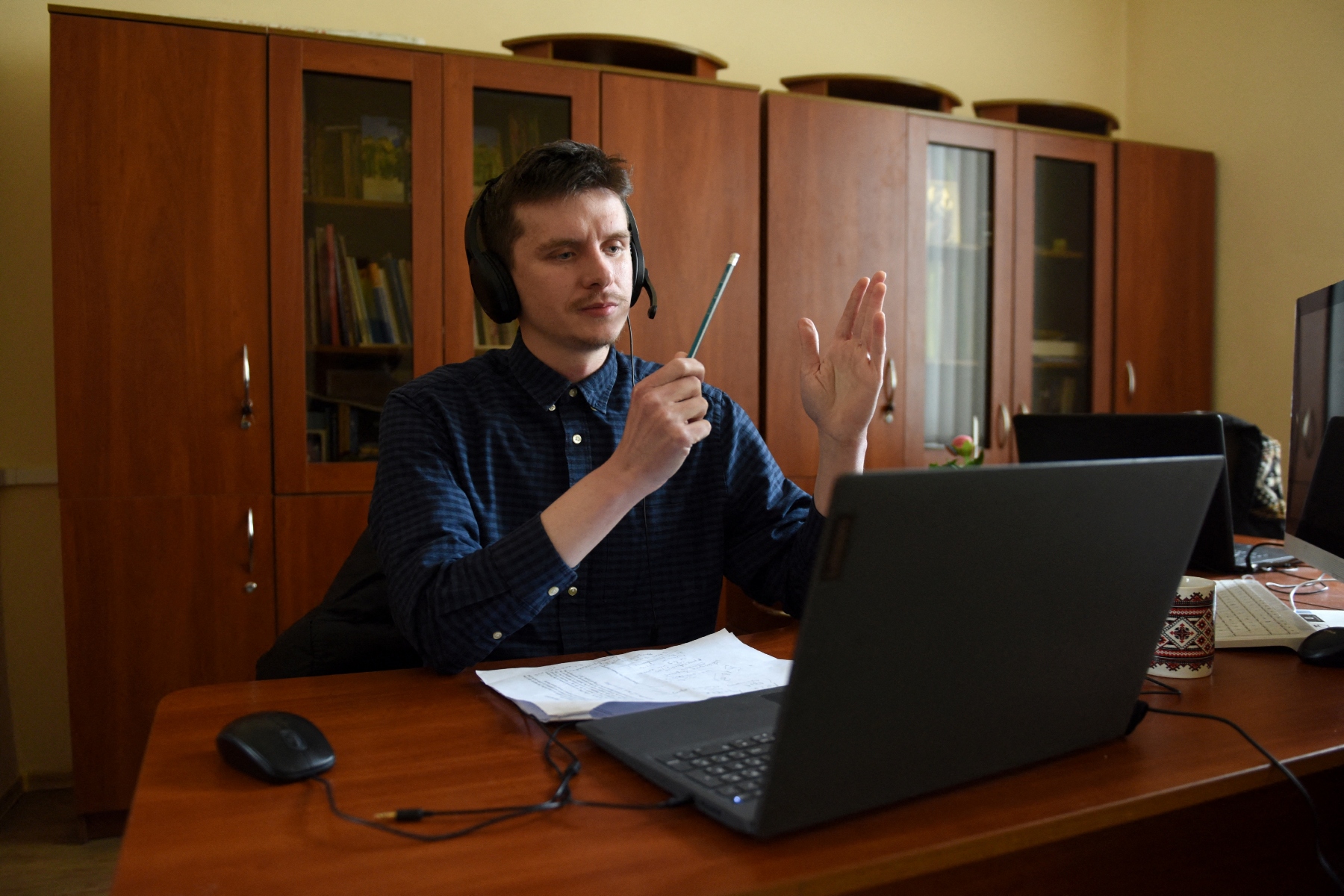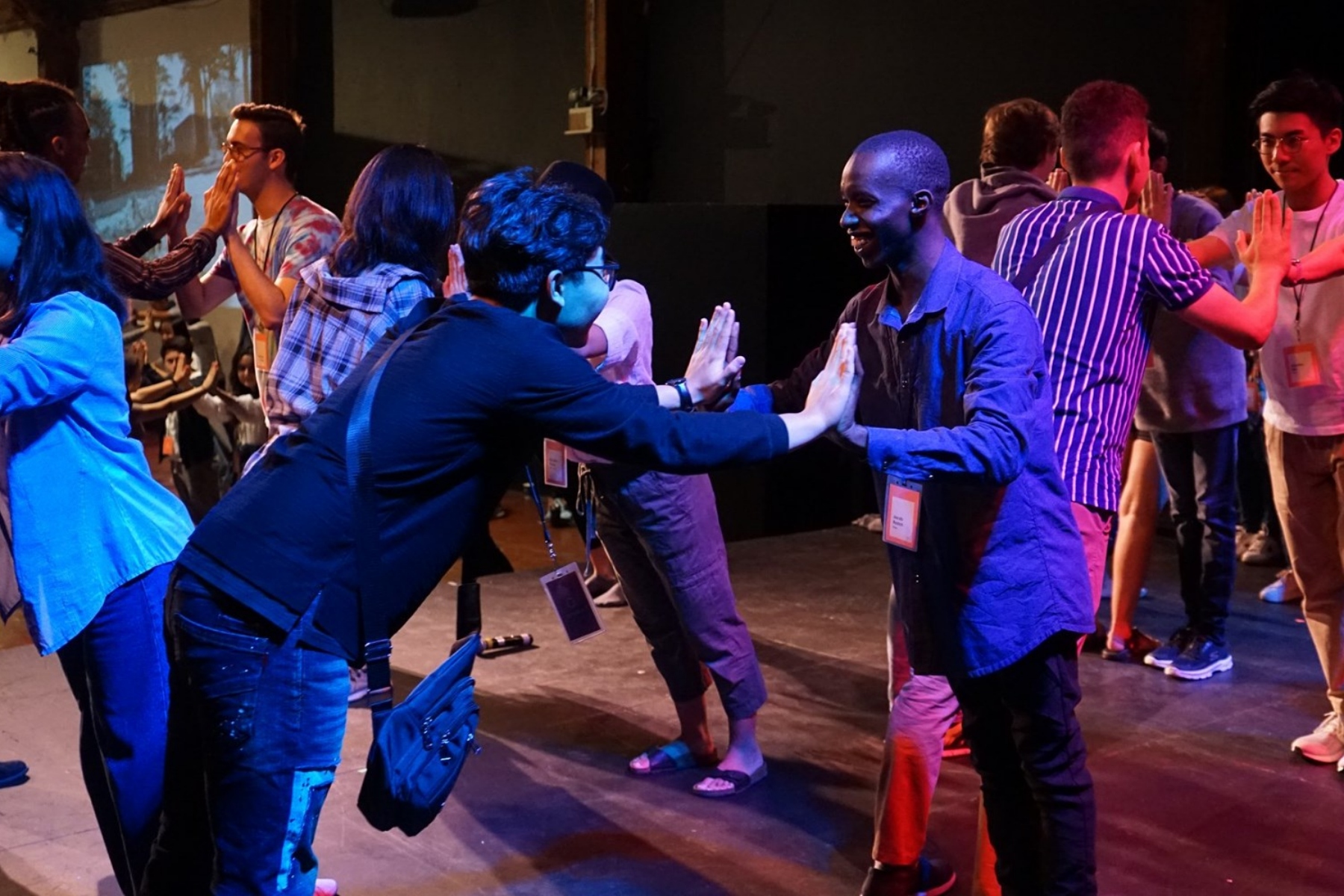
Did you know that we forget about 75% of anything new that we learned after just six days? This means schools and universities have the added challenge of figuring out learning strategies that enhances learning retention among students.
COVID-19 brought nothing but changes in the education industry — learning abruptly moved online while lockdowns made it impossible for students to do the things that many previously took for granted, such as strolling on campus grounds, having a meal with friends at a cafe, attending lectures, and using campus facilities.
Several online-only institutions existed before the pandemic drove the popularity of online learning as an offering, such as the University of the People. Minerva University in San Francisco, US, joins the ranks of world-class institutions like Harvard, Columbia, and Oxford when it comes to a highly selective admissions process. In 2020, the online university announced in a press release that it had less than a 1% acceptance rate.
Here are some interesting facts about this one-of-a-kind institute.

Online courses and degrees are nothing new. Source: Yuriy Dyachyshyn
Online learning is the only option at Minerva University
In the last decade, Minerva University has been refining an approach that’s focused on teaching and learning methods that are more engaging. Specific skills are emphasised so that students aren’t stuck memorising content, regurgitating it, and then forgetting it later.
Instead of being lectured, online classes are discussion-based, and capped at 19 students. This is an approach also practised by Open University Malaysia (OUM), a private university in Malaysia that offers distance learning courses for students. The only difference is that while OUM offers distance learning courses, lectures are still traditional. At Minerva, lecturers are reported only allowed to speak for up to four minutes at a time.
Even grades are awarded differently than in a traditional institution. Your grades are determined by your interactions with your classmates, speaking up in class, and not by learning passively. Teacher feedback on participation also makes up part of your grade, which is announced annually throughout the four years of your undergraduate degree.
Live in seven different countries to complete your studies
Minerva doesn’t have a fixed campus. You and your batchmates in the same academic year will be travelling and living together in dorm rooms across these seven cosmopolitan cities – San Francisco, Seoul, Hyderabad, Berlin, Buenos Aires, London, and Taipei.
Students spend their first year in San Francisco, California, where the university is headquartered. Then, they spend every subsequent semester in a different country of their choice.

At Minerva University, making lifelong friendships and leaving an impact in the community is just as important as academic rigour. Source: Minerva University, Facebook
The world is your oyster
Students are required to explore the city in which they live every semester as part of their learning. They must complete assignments that range from staging protests to organising events to become well-rounded graduates.
From morning rituals like running and yoga to speaking with leading figures and organisations, the university not just offers, but encourages a wide range of stimulating pursuits outside of the classroom.
An important aspect of the bachelor’s degree is improving the city you live in for a semester – which is why community projects make up a huge part of the Minerva University experience.
The application process is not for the weak
For some, the scariest part about leaving high school is applying for university. High-achieving students may aim for top institutions like Yale, where the application process requires a lot of energy, time, and effort from the applicant. It has a dedicated page on its website for students to refer to when preparing their applications.
Much is the same for Minerva University. While the application process is the same for all students regardless of what they plan to major in, it is unconventional in the sense that the application process changes each year. Nonetheless, based on what past applicants have mentioned, decisions won’t be made based on standardised test scores but rather, things you can’t study for. These could range from interviews to essays detailing who you are as a person and what you have achieved.
Minerva University only admits people who they see potential in, regardless of their religion, nationality, ethnicity, or even their financial situation. The institute usually lets you know whether you’re accepted or rejected within four weeks.










